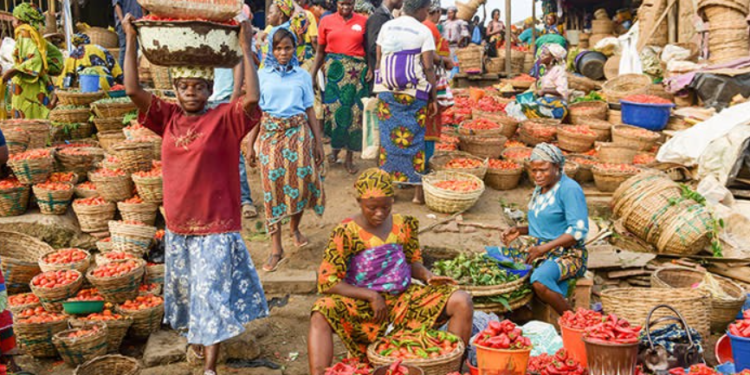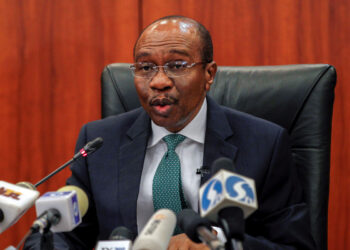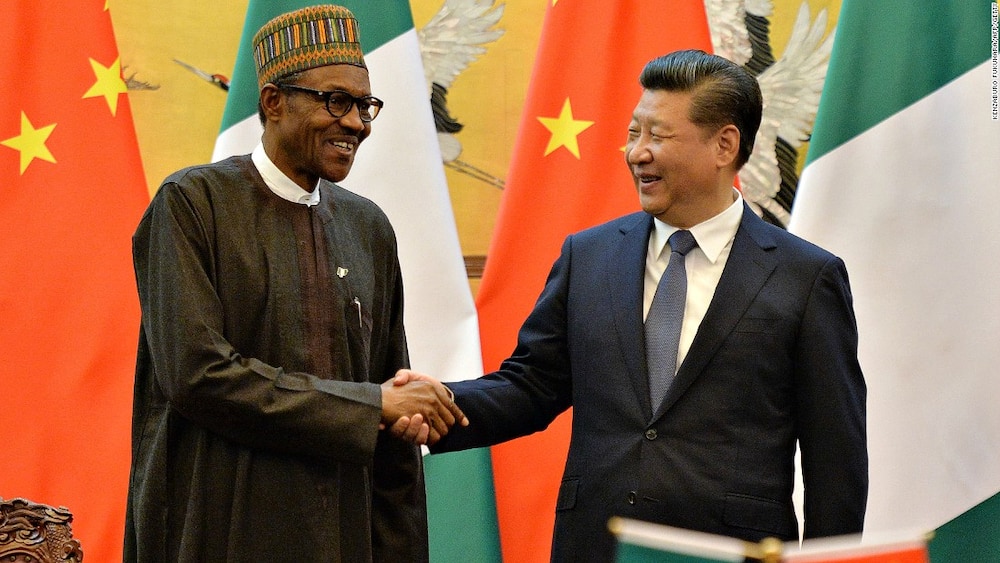In September, Nigeria’s food inflation rate went up to 37.7%, which is higher than it was for the previous two months, according to the National Bureau of Statistics (NBS). The Consumer Price Report says that food prices increased by 23% compared to last year, mainly because of higher prices for items like guinea corn, rice, maize grains, beans, yam, and cassava.

One big reason for this inflation is the recent increase in petrol prices. Now, a litre of petrol costs an average of N1,100, which is much more than the N568/litre it cost in June. This has made transportation more expensive, causing food prices to go up.
Also, flooding in many parts of the country has reduced the amount of food produced, which has also pushed prices higher. Experts are worried about ongoing problems with farming, the need for imported food, and rising fuel costs.
Compared to the previous month, the food inflation rate increased by 2.64%, which is 0.27% more than the 2.37% in August. The NBS report says that the increase in food prices was due to higher prices for important food items.

















